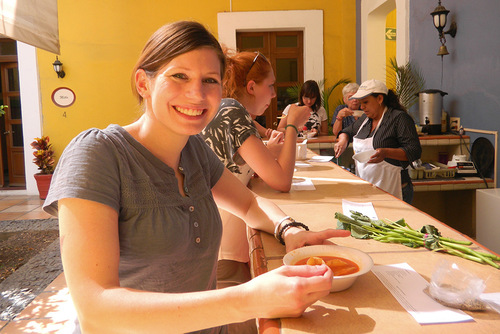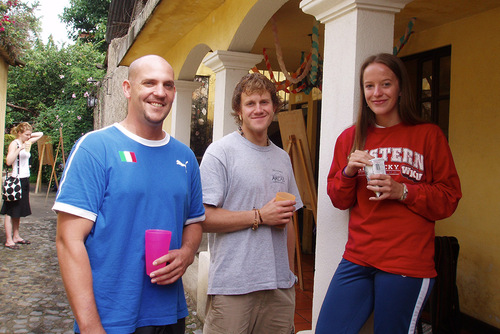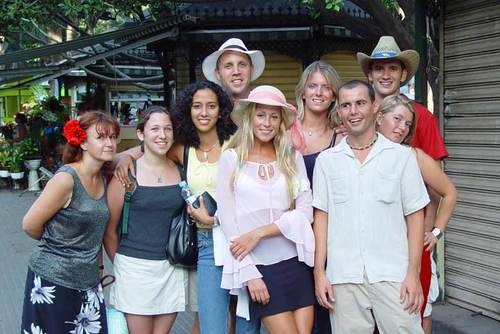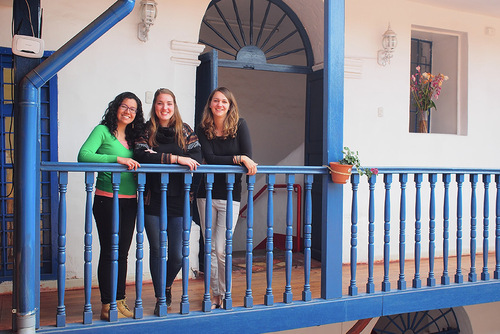Whether you are looking to go a package holiday, backpacking, work abroad, or study abroad program the chances are that knowing the local language will really help make your life easier and more enjoyable.
Check out our 10 simple recommendations.
1. Make a List of Essential Everyday Phrases
Consider where you are going and what you are planning to do, this will help give you can idea of what words and phrases will be useful. These are some of the best basics...
- Hello
- Thank you
- Please
- Yes/No
- Sorry
- Toilet
- Excuse me
- Numbers 1-10
- My name is...
- I’m from...
- Where is the...
- I'm lost can you help
- I would like...
- How much is it?
- Do you speak English?
- I do not speak...
- Sorry I don’t understand.
- I understand.
- Can you help me
2. Online Language Courses & Apps
Companies like Rosetta Stone offer online and downloadable language courses which you can buy before departing. These offer a great way to utilse audio language-learning programs as the courses have been specifically designed to help new learners.
There are also so many useful apps you can download to your phone or tablet, and a lot are totally free! Our top recommendation include Google transate which is free on both Apple / Android and helps you translate words, phrases and also words and sentences by your voice.
3. Download a Language App
You could also consider getting help from a certified translation agency who can help you when abroad with visas, important documents or medical and healthcare issues.
4. Translation Agencies
This might seem a bit outdated, but phrase books are now very small and portable, meaning you will be able to carry one on your pocket. You will be able to learn on the go without the need to have your phone or tablet accessible.
5. Book a Language Course Abroad
Want to be more than just a tourist, why not travel and combine experience by search language school programs abroad. Popular options include going to:
- Study Spanish in Spain or South America
- Study Chinese in China
- Study Thai in Thailand
- Study French in France
- Study Portuguese in Brazil
6. Practise
This might sound obvious, but the more you practise the quicker and more you will learn. Get a notepad, watch tutorials on Youtube, listen to music or podcasts - these are some great ways to improve.
7. Make Friends or Hire an Interpreter

Try to make new friends in your intended destination and get conversing. If you have a larger budget, or are traveling for work purposes you could even hire an interpreter.
8. Do a Language Exchange

Language exchanges are available all around the world, some are structured whilst some can be arranged on arrive by checking message boards and forums. Sometimes local people are keen to learn or practise their English and so offer to help you learn their language. This is a lot cheaper than a formal language course.
9. Book a Tour or Structured Experience

By booking group tour, gap year program or volunteer project for example you will usually get a more structured and easier experience. This sometimes includes airport pick ups and a local guide to help for the duration of your time away who will be able to help with any problems and also take you to the best locations in your destination.
10. Choose Your Destination Carefully

If you are not keen to, or don't have the time, why not just stick to your comfort zone and pick a destination where locals speak English? Popular destinations include Australia, New Zealand, Canada and the USA.
Most importantly, be persistent and don't give up. It may be a challenge but it will be worth it when you can finally interact with locals overseas.








